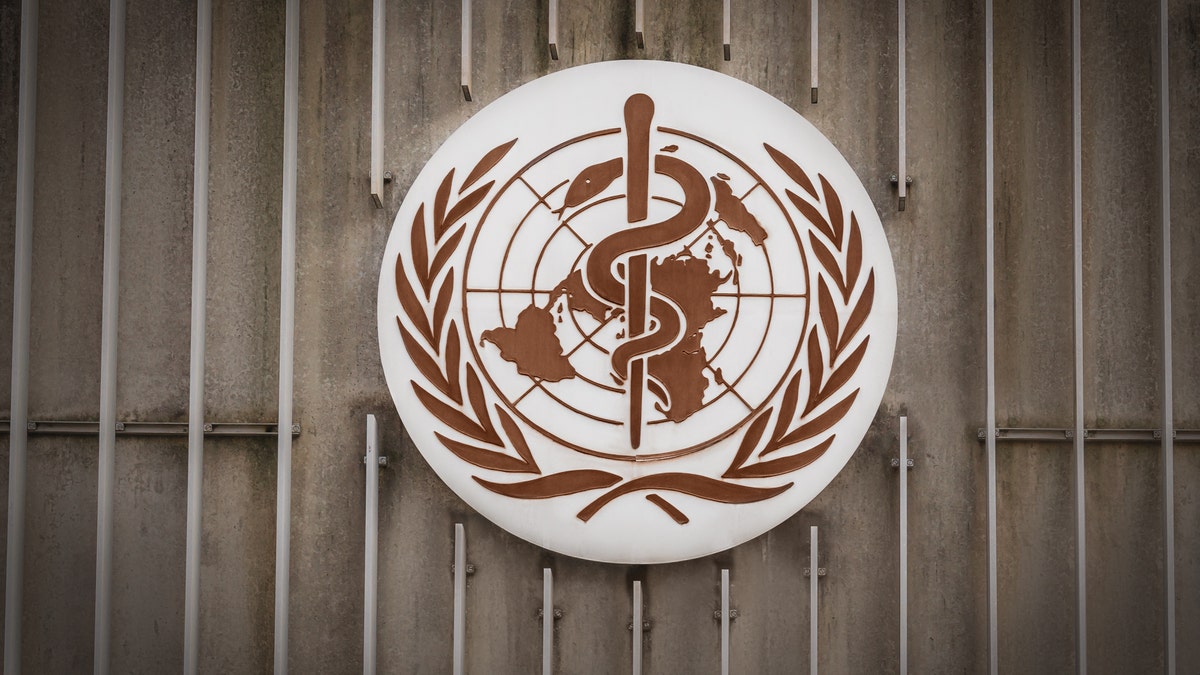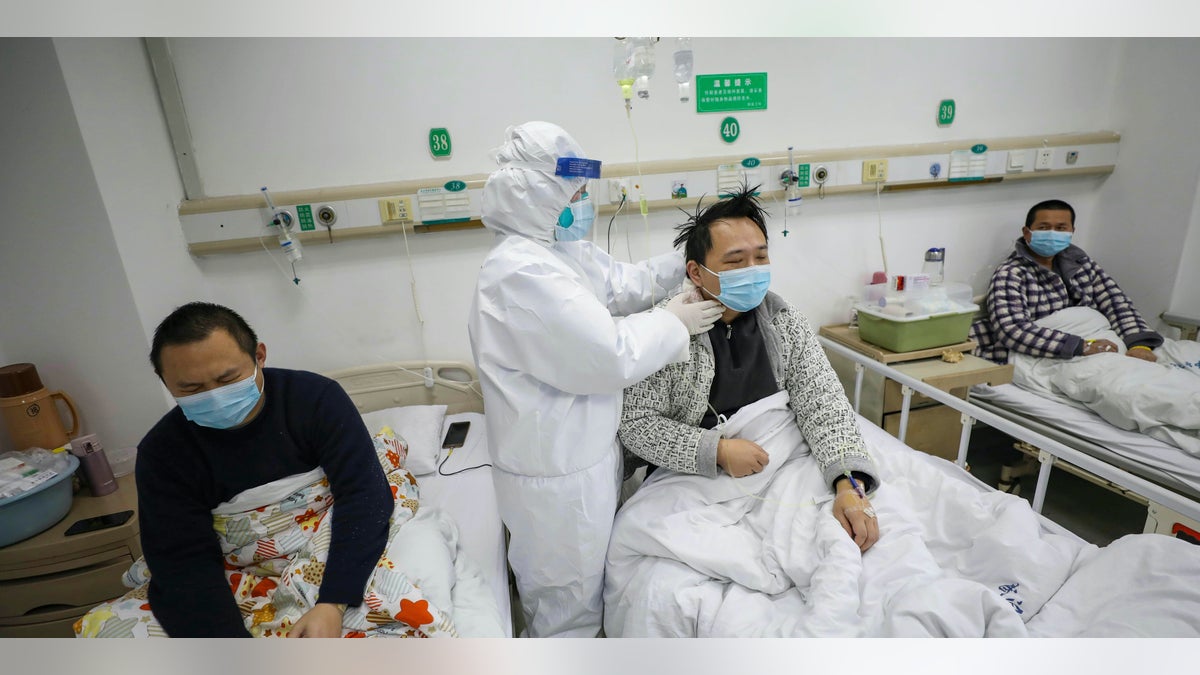Scientists continue to examine theory of coronavirus originating in Wuhan lab
Fox News medical contributor Dr. Marc Siegel weighs in on the growing questions surrounding the China lab.
The World Health Organization is refusing to confirm whether the coronavirus originated in China as President Biden strengthens his administration's ties with the entity.
President Biden has promised to overturn President Donald Trump’s decision in June to cut off funds to WHO and withdraw the U.S. from the agency.
BIDEN TO RE-ENGAGE WITH WHO AFTER TRUMP CUT TIES OVER COVID, CHINA
Dr. Mike Ryan, executive director of WHO's Health Emergencies program, said Jan. 22 virtual press conference in response to a question from an NBC reporter Keir Simmons about the origins of the virus that "it is too early to make any conclusion," but the WHO is "making some progress."
"I'm always very afraid in any process where the conclusions start looking for the evidence to support them, and we're dealing with a lot of that in the last few days around her," Ryan said. "The difficulty, I think -- and I think we have to say this quite plainly -- all hypotheses are on the table, and it is definitely too early to come to a conclusion of exactly where this virus started either within or without China."

World Health Organization symbol (iStock)
He added compared WHO's investigation into the source of the virus as "a big jigsaw puzzle," adding that the agency's teams "are on the ground" and "having a good experience working with [WHO's] Chinese colleagues."
As the pandemic gained pace, WHO often shied away from calling out some of its biggest donors, including Japan, France and Britain.
WHO ISSUES NEW CLINICAL ADVICE FOR CORONAVIRUS PATIENTS, PLANS TO STUDY 'LONG COVID'
WHO scientists labeled some of their approaches as "macabre" and "an unfortunate laboratory to study the virus," according to dozens of leaked recordings of internal WHO meetings and documents from January to April obtained by The Associated Press.
"By not speaking up when countries are doing questionable things, WHO is undermining its own authority while the planet burns," said Sophie Harman, a professor of international politics at Queen Mary University in London.
China's top epidemiologist, Wu Zunyou, told NBC reporter Janis Mackey Frayer that he does not believe the virus began in Wuhan, China, but did originate elsewhere in China in an interview that aired Tuesday evening.
NBC noted that China on Tuesday released a new propagandist film showing how Wuhan was both the place with the first highest number of COVID-19 cases and the first place to effectively stop its trajectory.
US VOWS TO AID WHO IN CORONAVIRUS RESPONSE: FAUCI
The first cases of the virus were detected in Hubei Province, where Wuhan is located, as early as November of 2019 before it spread to countries throughout the globe, killing a total of more than 2 million people worldwide and infecting more than 100 million.
Throughout January, WHO publicly praised China for what it called a speedy response to the new coronavirus. It repeatedly thanked the Chinese government for sharing the genetic map of the virus "immediately," and said its work and commitment to transparency were "very impressive, and beyond words."
Despite the plaudits, China in fact sat on releasing the genetic map, or genome, of the virus for more than a week after three different government labs had fully decoded the information. Tight controls on information and competition within the Chinese public health system were to blame, according to dozens of interviews and internal documents obtained by AP.
Chinese government labs only released the genome after another lab published it ahead of authorities on a virologist website on Jan. 11.

A doctor checks the conditions of a patient in Jinyintan Hospital, designated for critical COVID-19 patients, in Wuhan in central China's Hubei province. (Chinatopix Via AP)
Even then, China stalled for at least two weeks more on providing WHO with detailed data on patients and cases, according to recordings of internal meetings held by the U.N. health agency through January — all at a time when the outbreak arguably might have been dramatically slowed.
The U.S. State Department on Jan. 15 said it had "reason to believe" scientists in Wuhan may have been infected with COVID-19 in the autumn of 2019, but Beijing has worked hard to prevent a transparent investigation into the origins of the virus.
CLICK HERE TO GET THE FOX NEWS APP
In a statement, the agency indicated it thinks several researchers inside the Wuhan Institute of Virology had symptoms consistent with COVID-19 and other seasonal illnesses.
"The [Chinese Communist Party] has prevented independent journalists, investigators, and global health authorities from interviewing researchers at the WIV, including those who were ill in the fall of 2019," the State Department said. "Any credible inquiry into the origin of the virus must include interviews with these researchers and a full accounting of their previously unreported illness."
POMPEO URGES WHO TO PROBE WUHAN LAB ILLNESSES, DEMANDS BEIJING BE TRANSPARENT
China censored individuals who spoke out about the virus, including Dr. Li Wenliang, as it was just beginning to spread, and the country has been criticized for delaying its public response to the virus while trying to quietly contain it within China before it was too late.
The Committee to Protect Journalists also noted in a December report that China "arrested several journalists for their coverage of the pandemic" and was ranked "the world’s worst jailer for the second year in a row."
The Associated Press contributed to this report.








































